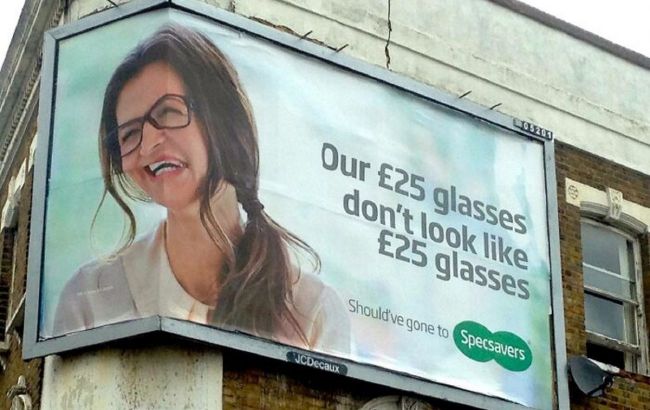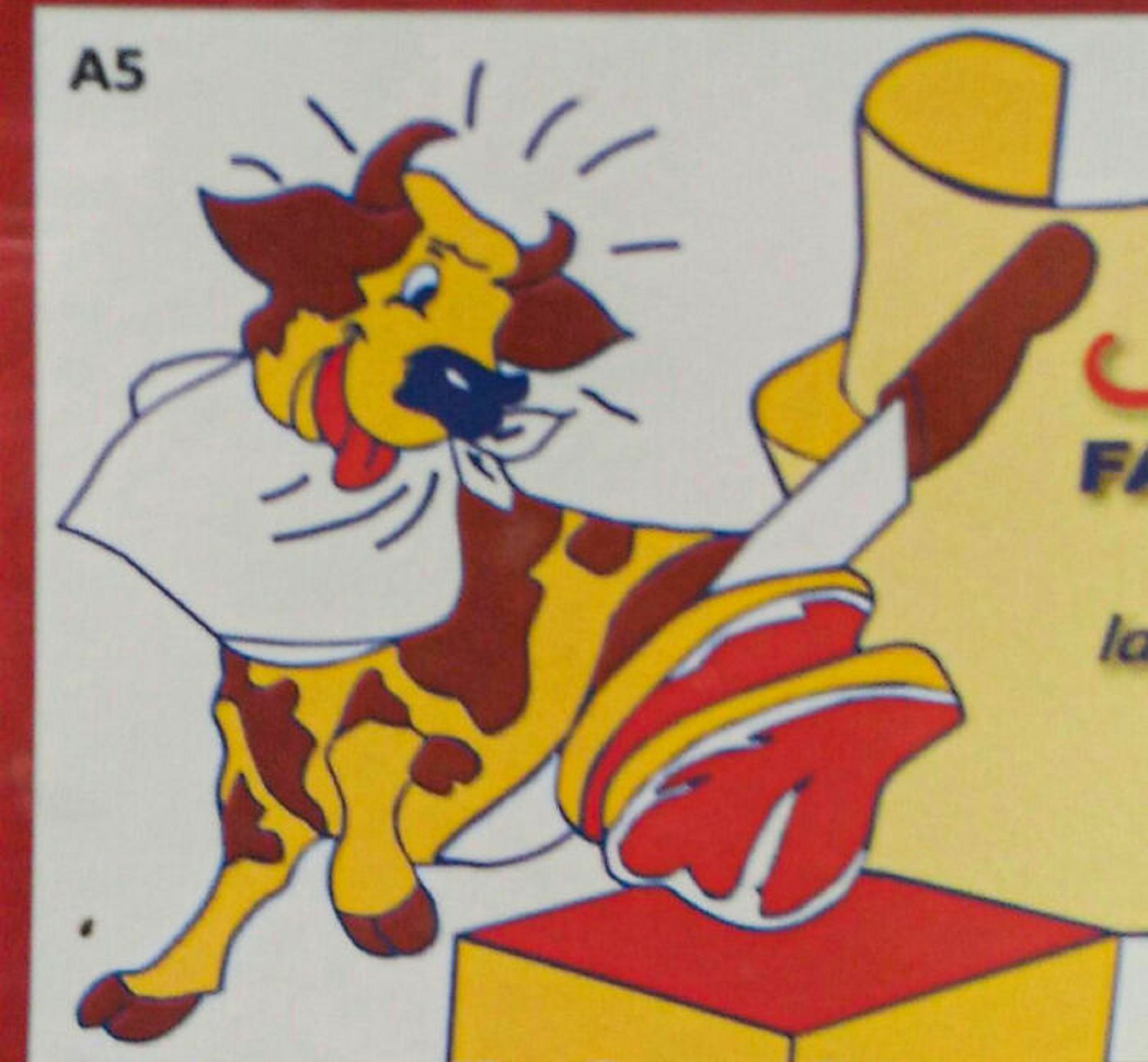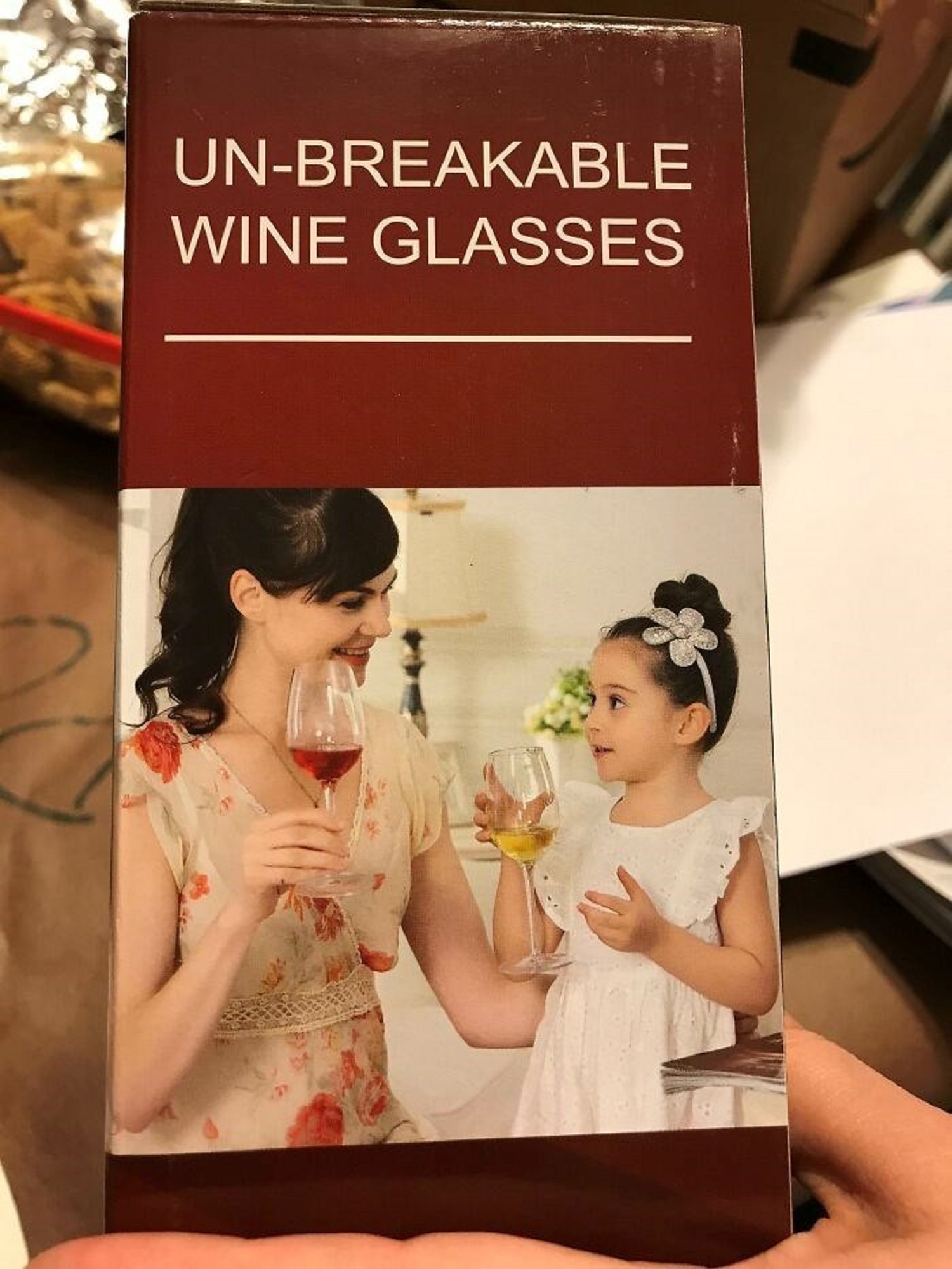Hilarious fails in advertising: When brands embarrassed themselves worldwide
 Unsuccessful advertising becomes a reason for jokes (photo: Boredpanda.com)
Unsuccessful advertising becomes a reason for jokes (photo: Boredpanda.com)
Sometimes, advertisements can draw attention to a brand and even create amusing situations or even high-profile scandals. Excessive creativity or a lack of attention to detail can lead to unintended consequences.
RBC-Ukraine highlights cases where marketing mishaps became sources of humor and memes.
Fatal slogans
The advertisement for the sports brand Reebok with the slogan “Cheat on your girlfriend, not on your workout” is a prime example of failure. The campaign faced instant backlash for promoting an inappropriate message.
Another example is the HSBC bank ad, where the slogan “Assume nothing” was translated as “Do nothing.” This mistake cost the company $10 million in rebranding. A poorly chosen slogan can lead not only to criticism but also seriously damage a company's reputation.

"Die for success" – not a very good slogan (Photo: Сhzbgr.com)
Design fails
Some campaigns failed due to poor placement of design elements. For instance, a billboard promoting “flight safety” was placed next to an image of a crashed airplane. In another instance, an ad for discounts on wardrobes was placed next to a news article about a tragic event in an apartment.
Such mistakes not only confuse viewers but can also spark outrage. Moreover, the use of an inappropriate color scheme or font can make content harder to understand, leading to not just aesthetic failure but also a lost connection with the target audience.

A joyful cow is a bit frightening (Photo: Boredpanda.com)
Ironic mistakes
One case involved apple packaging featuring a character who had been poisoned by an apple. This became the subject of countless memes and jokes on social media.
Similarly, an ad for laundry detergent showed a gleaming floor with the tagline: “Now that the floor is clean, you can move on.” This left many viewers puzzled and turned the slogan into a laughingstock.
Another example is a hotel advertisement that promised “the best sleep forever,” which carried a rather ominous connotation. These examples highlight the importance of carefully considering both visual elements and campaign text.

A fig leaf ruins everything (Photo: Сhzbgr.com)
Mathematical paradoxes
Some campaigns caused laughter due to obvious errors. For instance, a poster with the phrase “Living with addition? You have the power to change your life today” intended to address addiction, but its design made people think about math.
Such "math fails" might go viral on social media, but they hardly help sales. Another blunder involved a promotion offering “3 items for the price of 2,” but fine print revealed conditions that contradicted the deal.

"Composition" or still "dependence"? (Photo: Сhzbgr.com)
Sensitive topics
Peloton faced backlash over an ad showing a woman receiving an exercise bike as a gift. Viewers criticized the ad for implying that the gift promoted weight loss.
These incidents demonstrate the need to approach sensitive topics with caution. Ads touching on age, gender, or culture often provoke negative reactions.
For example, a clothing campaign suggesting an "ideal body" was perceived as toxic and discriminatory. Brands must consider ethics and diverse approaches when addressing their audience.

The girl with a glass is too young for wine (Photo: Сhzbgr.com)
Translation fails
Brands operating in international markets often encounter translation issues. For example, Pepsi’s slogan “Come alive with the Pepsi generation” was translated into Chinese as “Pepsi brings your ancestors back from the grave.”
Another example involved a Japanese ad using a word that sounded similar to an offensive term in another language, sparking outrage. Similarly, a Mexican slogan meant to be motivational inadvertently used a word with an insulting meaning.
Previously, we wrote about 7 countries that will shock you with extremely unusual dishes.
Sources: Cheezburger.com, Boredpanda.com websites.

